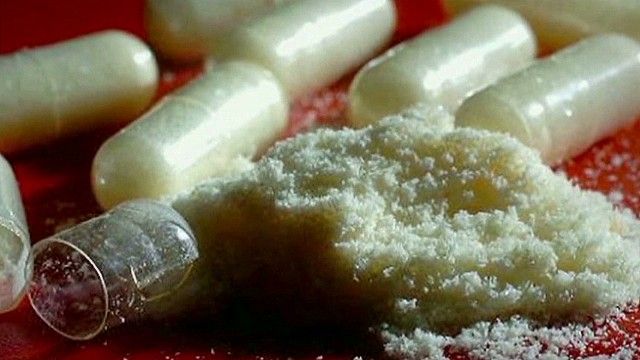
The final phase of MDMA clinical trials shows the drug is 90% effective in treating PTSD
Picture over
A first phase 3 clinical study of this type has shown that MDMA-assisted therapy brings about significant relief from PTSD symptoms in almost 90 percent of the study participants.
This promising new study is being led by Rick Doblin, Ph.D. and the Multidisciplinary Association for Psychedelic Studies (MAPS), which has been conducting clinical research into the use of MDMA (also known as ecstasy or molly) to treat PTSD and other serious mental health problems for years. Based on the strengths of MAPS ‘previous research, the US Food and Drug Administration (FDA) has awarded MDMA Breakthrough Therapy status, a rapid approval process that could lead to full legalization of this therapy as early as next year.
After MAPS’s Phase 1 and Phase 2 studies showed that MDMA can safely and effectively treat PTSD symptoms, the group embarked on a Phase 3 study to replicate and expand on their previous research. For this study, the researchers recruited 90 patients with severe chronic PTSD. The subjects were randomly divided into two groups, each of which received three separate sessions of talk therapy. The subjects in the experimental group took a dose of MDMA before each session, while the subjects in the control group took a placebo.
Most of the research on psychedelic-assisted therapy for PTSD has focused on military veterans, but the current study also included first responders and victims of mass shootings, domestic violence, sexual assault, and childhood trauma. The subjects had PTSD symptoms for an average of 14 years, and 84 percent had a history of developmental trauma.
The study, which will be published shortly in the Nature Medicine Journal, reports that 88 percent of patients taking MDMA experienced clinically meaningful reductions in their symptoms. And at the end of the study, 67 percent of the subjects in the test group no longer qualified for the diagnosis of PTSD, compared with only 32 percent of the control group.
“The experience of being traumatized changes perception profoundly. Self-awareness; and the ability to plan, imagine and anticipate, ”said Dr. Bessel van der Kolk, principal researcher at the study’s Boston site. “We can expect a response to treatment in 88% of people who receive this treatment. This can lead to fundamental changes in our subjects’ perspective on self-ability, influence regulation and attitudes towards others. “
“The therapists and team of experts who brought us here are pioneers of potentially revolutionary psychiatric care,” said Dr. Michael Mithoefer, who trained the 70 therapists who performed the treatment in this study. “The success of this key study is an important step towards regulatory approval. We hope that these results will attract many more researchers and clinicians to collaborate further in researching and delivering MDMA-based therapies so that we can collectively address our national and global problem – mental health crisis. “
Doblin and his colleagues began investigating the therapeutic potential of MDMA as early as the early 1980s. However, those studies stalled when the DEA banned ecstasy in 1985. MDMA is currently classified as a List I drug with no medical value, but thanks, studies like this are likely to change that classification.
“This is a wonderful, fruitful time for discovery as people are suddenly ready to start looking at these substances as therapeutics again, which has not been done in 50 years,” said Jennifer Mitchell, PhD, lead author of the study, of Rolling Stone.
MAPS is now enrolling participants in a further phase 3 study that will give an additional 50 subjects access to this promising new therapy. If all goes well, the FDA could legalize MDMA-assisted therapy next year, which would make it legally available by 2023.

Post a comment: